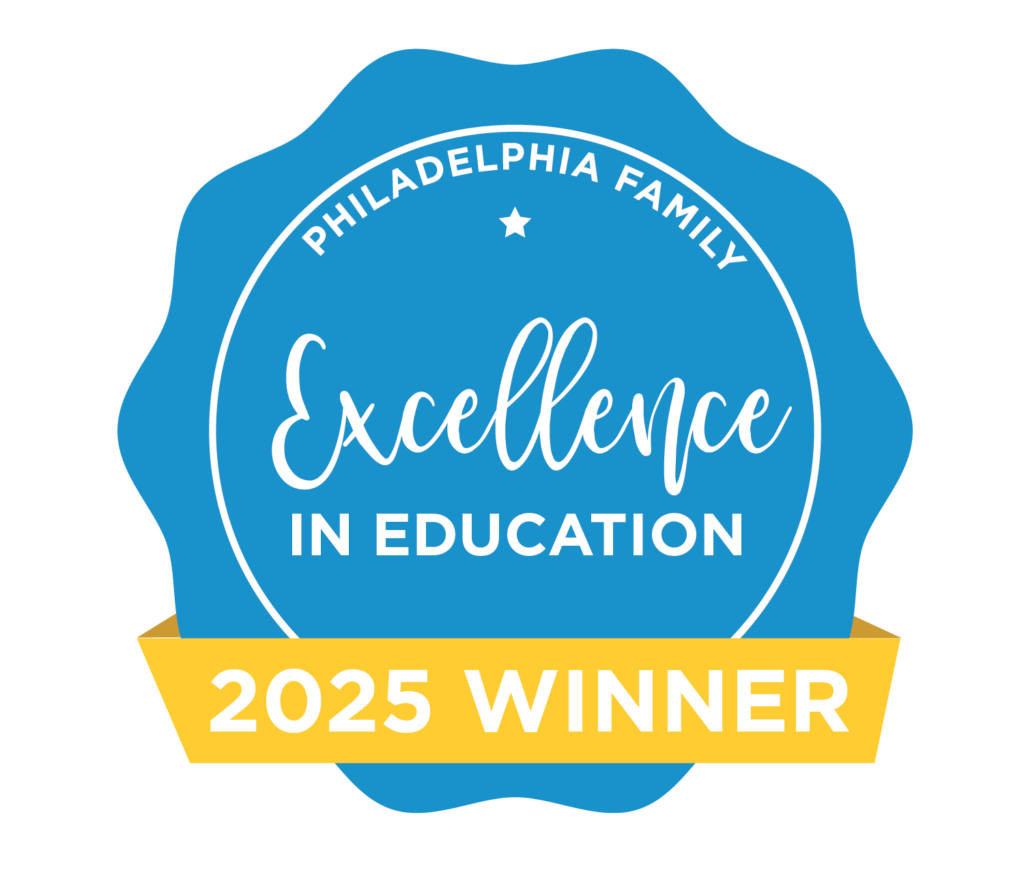wisdom begins with wonder
During the preschool-prekinder years, children are strengthening their social, cognitive and motor skills and developing a growing interest in literacy and numeracy. Our program uses student-centered materials.
As with the other age groups, our Preschool and Pre-K classrooms use Loose Parts for invitations to play and Conscious Discipline® for social emotional development.
Phonics: We respond to students’ emerging interest in literacy by cultivating their natural curiosity for building phonemic knowledge. With the guidance of their teachers, students will develop sensitivity to the sounds of oral language and will notice the distinguishing features of letters, words, and print in intentional ways
Shared Reading: We enhance literacy through shared reading. Teachers model good reading habits for students and teach alphabet knowledge, phonological awareness, vocabulary, concepts about print, and oral language. Our classroom libraries include fiction and nonfiction books for children to explore and our classroom learning centers have a variety of materials such as charts and poems.
Math: Daily numeracy activities, aligned with the Pennsylvania Learning standards, help students develop a variety of math skills. We set up student-friendly learning activities during which children can experiment with loose parts to explore mathematical concepts like number recognition, one-to-one correspondence (one object paired with one number word), cardinality (how many in a set), shape and pattern recognition, written numericals, counting skills, and measurements like length, weight, and capacity.
STEM: STEM activities are built into the curriculum and enable young children to observe the world around them, communicate their observations and learn by doing. The curriculum encourages exploring, collecting, questioning, and discovering. A partnership with Nature Jack enhances our STEM program with a monthly STEM project.
Spanish: Learning a second language can have profound cognitive and academic benefits for the young child. Conversational vocabulary is introduced through age-appropriate games, songs, and art experiences. Children practice basic Spanish sounds and phrases during morning meetings. This active exploration of Spanish language also includes an exploration of Spanish speaking cultures.
Music: Through a partnership with the Settlement Music School, students participate in weekly music workshops which are founded on the Orff Schulwerk approach, where play is central to the learning environment. The rich repertoire of children’s literature — nursery and traditional rhymes, poems, chants, sayings, folk tales, fables, and stories — is all explored. Children learn music with their whole bodies by counting beats, learning movement with their bodies, identifying symbols, using improv, composing patterns and participating in musical ensembles.
Movement: In addition to outdoor play, students spend time in the gross motor area daily, participating in activities designed to accompany thematic lessons. Our indoor traverse climbing wall provides opportunities for both gross and fine motor development while challenging their problem-solving abilities.
Assessment: Students are periodically assessed through observations using the Teaching Strategies Gold Assessment.
Nicolette Sowder
